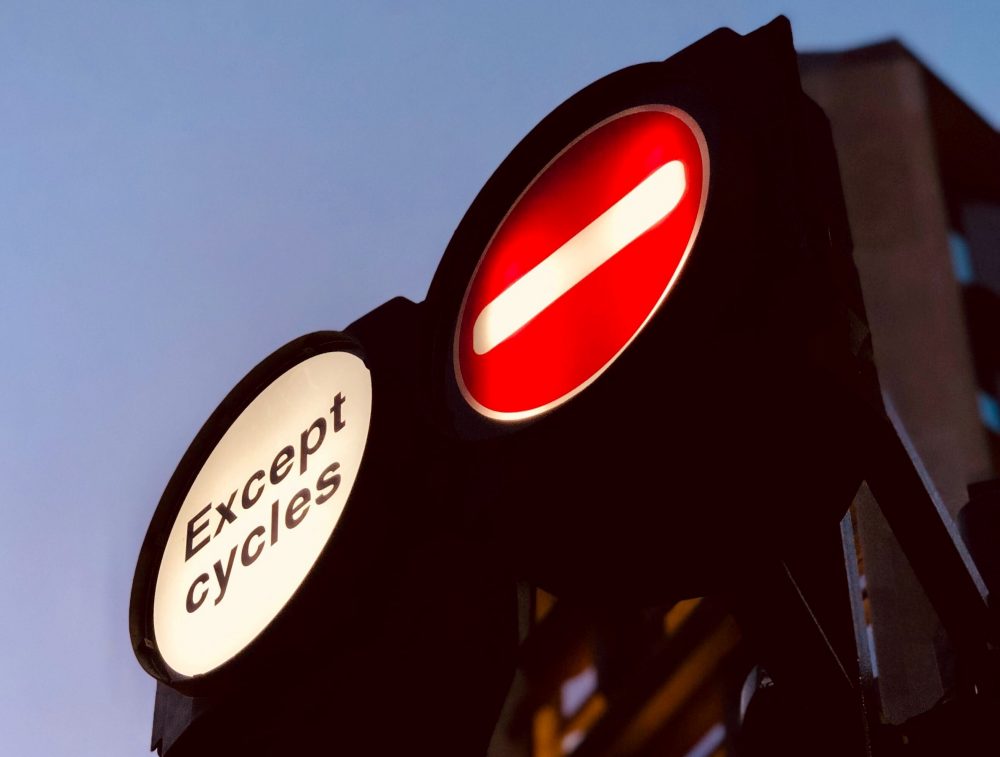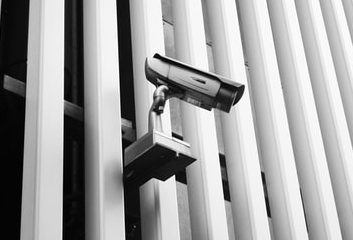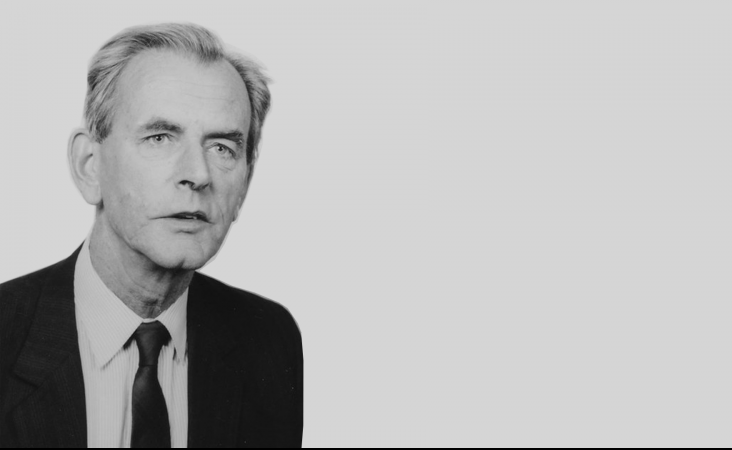Many of my acquaintances at home in Vietnam thought moving to London to attend the LSE was a risky move. Vietnam has COVID-19 under control, with a total of 1,177 cases and only 35 deaths, while England has just entered a second national lockdown. When I first left Vietnam at 18 to pursue the ideals of intellectual and individual freedom in the West, I never thought one day I would feel “freer” at home and more restricted in London.
According to the Western paradigm, Vietnam is not “free”. Since 1930, the Communist regime has asserted monopolistic control in a one-party system. Free and fair elections and political pluralism are non-existent; and freedom of expression, assembly, and the press are limited. This form of government is highly consolidated, so Vietnam is unlikely to democratise. The democratic West, in turn, does not view Vietnam’s authoritarian regime favorably. Narratives of citizens “escaping” Vietnam since the end of war with the U.S. persist, and about 170,000 Vietnamese students like me are currently seeking education abroad.
However, the level of control and restriction available to the Vietnamese government has allowed it to respond effectively to COVID-19. Vietnam implemented several cost-effective, timely, and stringent measures, some even before recording its first positive case in January. These included clear, creative, and frequent communications to the public (the Ministry of Health even turned a popular EDM track into a viral propaganda tune); detailed daily updates of new COVID-19 cases; rapid development of free test kits and treatment guidelines; strict imposition of mask-wearing in public spaces under the supervision of local law enforcement; early closure of schools, bars and clubs; and mandatory quarantine in state facilities with meals provided for overseas visitors. After recording 100 positive cases in late March, the government quickly declared a nation-wide lockdown. In August, again faced with a small number of locally transmitted cases, it responded decisively with lockdowns in the affected areas.
Many of the above measures would not work in other social and political contexts. Take publicising the details of positive cases: while individual patients remain anonymous, they must report all public locations that they have visited in the two weeks prior to receiving their diagnosis. Anyone who has visited the same places is then expected to come forward for testing. Local police are highly involved in enforcing regulations. For example, people arriving on international flights (including members of my family) receive phone-calls or personal visits from the authorities to ensure they have quarantined properly and/or been tested.
It is likely that the citizens of many other countries would consider these mandatory policies violations of or unacceptable restrictions on individual freedom. But the Vietnamese people seem willing to compromise our freedom as a trade-off for the country’s ability to contain the virus.
Trading in freedom for health and safety seems uncontroversial for Vietnamese citizens during this pandemic. Collectively, we understand the urgency of the situation and willingly cooperate with the state. The government even used “Fight COVID like fighting our enemy” as a slogan, encouraging heightened unity among citizens. After the 5-week national lockdown was lifted in late April, life has returned to “normal”. Notwithstanding a few remaining restrictions, citizens can essentially carry on with their everyday activities.
Thus, my life was “freer” in Vietnam than it is in London. As a relatively privileged Vietnamese citizen, I was able to work in my office without wearing a mask, go to the gym safely, ask friends out for a spontaneous coffee, or go on holidays. My academic and social life in London is more limited. I only attend three seminars per week on campus, wear a mask all the time indoors, strategise where to meet friends depending on how big the group is, and avoid mixing with other households. I witness many people on public transport not wearing masks properly, or at all, and mixing in pubs and bars despite the government’s warnings, which only risks more restriction in the future.
Since early 2020, many Vietnamese citizens living overseas (many residing in the West), have been trying to return to Vietnam. People waited weeks, even months, for rescue flights operated by Vietnam’s state-owned airline. They wanted to “escape” COVID-19 hot spots to return to maybe not the “land of the free,” but a safe land.
My aim here is neither to defend nor glorify authoritarianism. Many of the world’s autocrats stand accused of exploiting COVID-19 to implement stronger civilian control. These are legitimate concerns in the context of declining levels of freedom globally. It is also premature to draw any definitive conclusions about COVID-19 policies. Vietnam could potentially be an outlier as an authoritarian regime that has successfully contained this virus.
Nevertheless, lessons from Vietnam serve to prompt discussion on the effectiveness of restrictions during crises like COVID-19. Though it remains under-represented in the Western mass media, Vietnam’s COVID-19 response has managed to capture some attention. For example, BBC News praised Vietnam’s “overreaction” as “extreme but sensible”, and the IMF considers Vietnam’s policies to be the “roadmap” out of COVID for other developing countries.
Perhaps individual freedom cannot and should not always be a priority, especially when the lives and livelihoods of thousands are on the line.
This article gives the views of the authors, and not the position of the Social Policy Blog, nor of the London School of Economics.






I like your view point. Well thought of explanations of current human social pandemic phenomenon.
Very interesting to hear your views, and takeaways from Vietnam’s approach. It seems we need to learn how we can get people in the UK to act collectively and see trading in some freedom for health and safety as uncontroversial…
What happens to the edict by the beloved uncle Ho “KHÔNG CÓ GÌ quý hơn độc lập, TỰ DO” then?